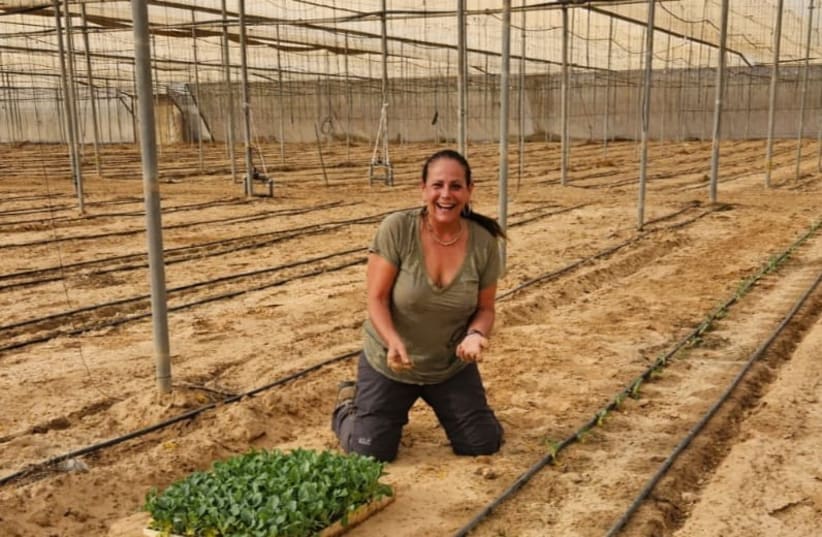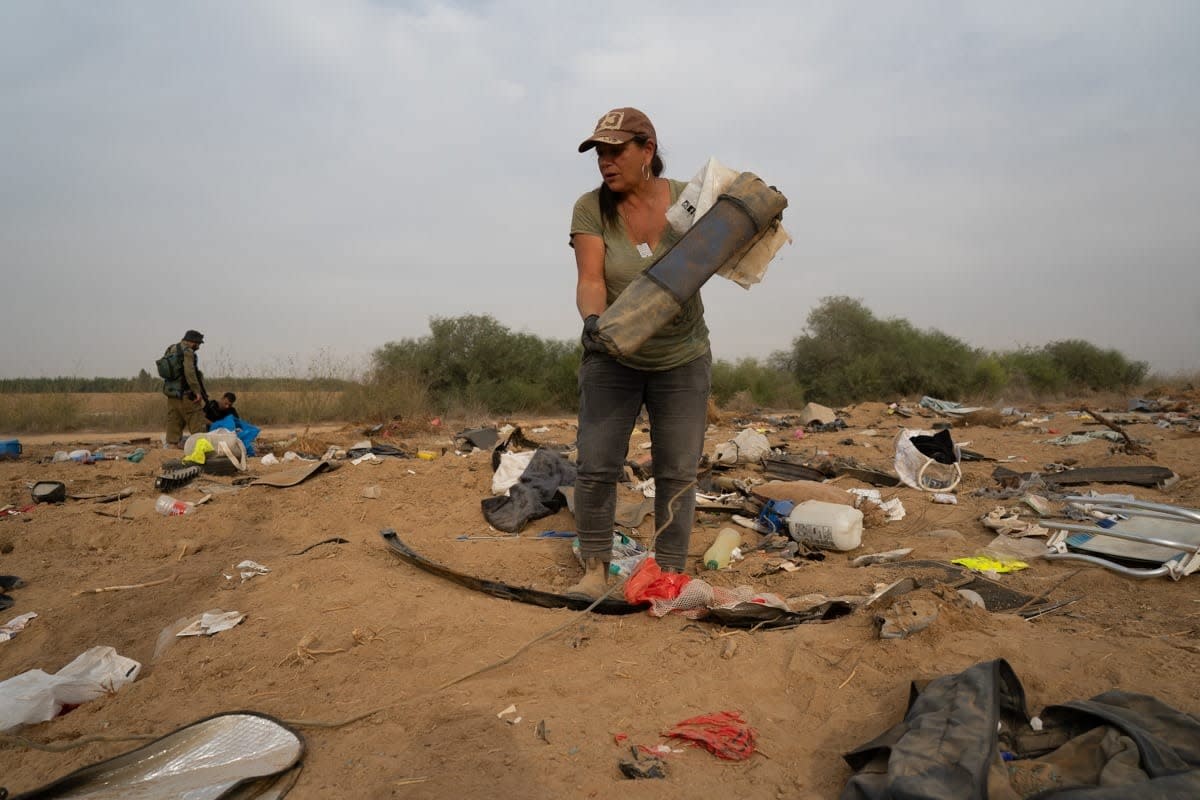Ravit Naor is the owner of Ravit and Friends special trips abroad. She was on a trip to Morocco with one of her groups when the war started.
Where did the war find you?
We were supposed to return to Israel on Monday from Marrakesh. On Saturday, we woke up to the news of a horror that was taking place in Israel. Our friends were under pressure, as some had children and grandchildren who had been recruited. I learned that my good friend R had been seriously wounded in Sderot.
On Sunday, our Arkia flight to Israel was canceled, so we arranged a flight from Istanbul to Athens and Israel. In Athens, we encountered 5,000 people who were waiting to fly to Israel because their flights were canceled.
What happened after you landed?
I stayed at Barzilai hospital for two days with my friend who was wounded.
On Thursday I went to Sderot, which was a battlefield. We started escorting teams and mapping cities; we knocked on doors to see who wanted to evacuate. I helped a woman with three young children and her parents, who wanted to evacuate to Jerusalem; but she wanted to go Eilat, where her whole family was. We brought the family to Eilat.
I drove 800 km. a day, two tanks of fuel all at my expense. We brought diapers to the Dead Sea; on the way, we rescued many animals.
On the farms, I helped in the cauliflower, eggplant, and tomato fields together with Unit 55, who are Air Force retirees. On the way, I was approached by a farmer whose son was murdered on October 7 who needed to sell his pomegranates. We brought dozens of crates, and we sold them.
When did you join Lahav 433?
One of the groups asked for volunteers for their logistic center that had just been established. I showed up, and stayed. When I arrived, I found out that the deputy superintendent who was assigned the task was an amazing girl who had been on my trip to Lapland. After two days, she told me they were not moving from there.
We quickly realized that without a large number of volunteers, even in another two years we wouldn’t be able to return the equipment that the police and the volunteers had evacuated.
The work is hard; you have to search through the sacks and figure out what belongs to whom and whether the vehicle number matches what is in it because sometimes the items were crammed into one vehicle. It is detective work, and your hands are shaking because they don't know if the owner is alive or dead. We dealt with the living; the police dealt with the dead; and the army dealt with the kidnapped.
The logistic center is very moving. We draw blood from things, we tie things to things, we started returning equipment to people. There were moments of elation because we were busy with life.
There were crazy episodes. It turned out that the terrorist was killed. We found cellphones for the family from the terrorists who robbed their home. We found the cellphone of a guy who survived the robbery. All his friends were murdered, and his phone had all the latest videos. We found four wallets; three of the owners are alive, and one was kidnapped.
Every item is linked to a story and a person. There are unidentified things, most of them from a bad area. I came up with an idea to organize everything and bring it to Suprernova. I must praise the police, who were one of the first responders to function.
We convinced the Supernova people that we would bring them. We decided to take pictures and put a bar code on each item. The police worked on an app. We hired photographers to take pictures of the things, and we will organize a catalog by subject so that everyone can find their own items.
We realized that there were many things left in the area that has been declared a closed military zone.
We arrived at the field; everything was dusty. They shouted at me that I was crazy. I obtained permits. I insisted on taking everything because it might be the only thing left of the person. We brought a metal detecting company that found jewelry.
We worked with gloves. We crawled on all fours, just to find another bag, a flip flop, a shirt, a wallet. I filled my vehicle with the items that I found.
When we found bone remains, a tuft of hair, we realized it was a crime scene. We called the army and the police, and five remains of bodies were found. I sent them videos and locations because it is difficult to extract DNA. They let us work on Friday and Saturday.
There was joy along with sadness. I gave the reservists my phone and told them that whatever they find they should call me.
How do you survive?
I work like a machine. There are moments of happiness. The advantage is that I am disconnected from the news and Twitter all day. I come home, plop down on the couch, take a shower, and then I take a sleeping pill because it's hard to fall asleep.
This article is taken from The Jerusalem Post, 'Women - Heroines of Swords of Iron' Magazine 2024. To read the entire magazine, click here.

